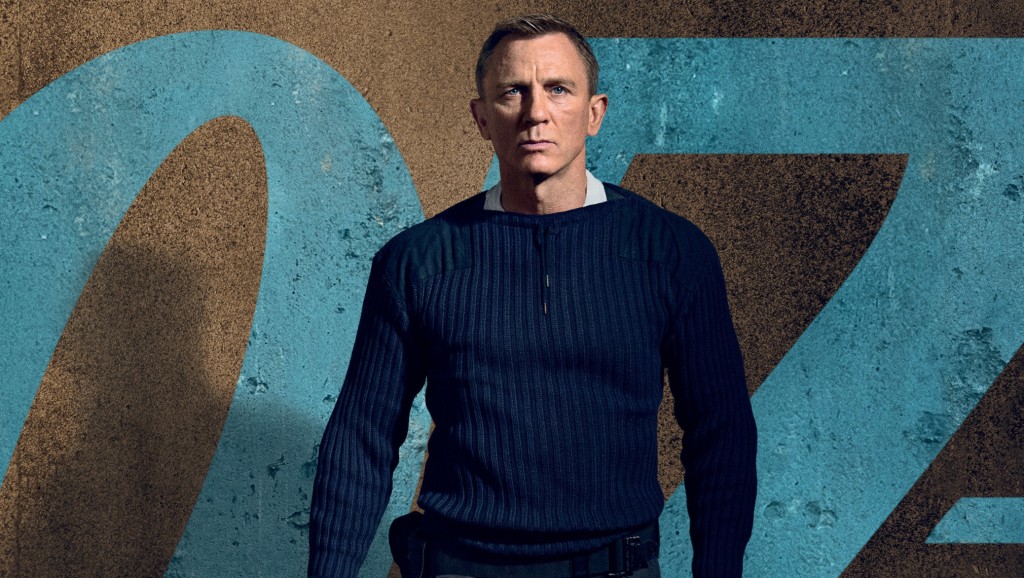In a cynical, politicised and divisive world we live in, watching Morgan Neville’s fascinating new documentary can feel strangely odd. Here was a TV personality who entered our homes on TV, talking about issues that were relevant, showed tolerance and inclusivity and put love above everything else because a little kindness makes a world of difference. No, this is not an episode of Black Mirror. There is no plot twist or masterful trick that would make your head explode. This is the story of Fred Rogers and the studied examination of his life, work and philosophical beliefs in Won’t You Be My Neighbor?
In the UK, we never had the familiarity of Fred Rogers or his show Mr Rogers’ Neighborhood growing up. Our childhood upbringing was mostly dominated by Sesame Street (which is probably the closest thing to a ‘Fred Rogers’ influence), Playdays, Chucklevision and the occasional episode of Bodger and Badger. After watching this, I wished we had.
After the success with 20 Feet from Stardom, there was always going to be a level of assuredness from Morgan Neville. He doesn’t allow your unfamiliarity to get in the way of enjoying this sweet and heartfelt documentary. Constructed on the same principles of Roger’s ideals, this is a documentary built on love that appeals to your ‘inner child’.
It’s how Neville is able to build a comprehensive examination. It’s the adept concentration on Fred’s unconventional and revolutionary personality. It started with the power of television and the influence it brought. It was the self-belief desire in believing he could do a children’s show differently, one that didn’t rely on cheap gimmicks or slapsticks as an alternative to commercialised entertainment or violent cartoons. Last but not least, his fascination in the psychology of children and their early development became the essential backbone of his philosophy.
As much as it sounds like an obvious statement, that encouraging belief in children in celebrating their unique differences may seem overly sentimental at first, but it has enough genuine character to warm the heart. As an ordained Presbyterian minister, Fred doesn’t try to preach his audience like a televangelist for kids. Religion takes a backseat, allowing no divisions within his ‘neighbourhood’ and just letting kids be themselves.
With a relaxed atmosphere and an active imagination that was absent of lavishness but abundant in colourful cardigans, he would confidently cover complex topics. Neville doesn’t hesitate to articulate how Rogers’ show and historical events mirrored each other, placing context with examples on The Vietnam War and segregation. It relishes in meaningful pauses to think how incredible that is for a children’s presenter to cover that scale with immeasurable dignity. Most parents would either shield their children away from such topics or find the situation uncomfortable.
But it’s those challenging moments where the documentary makes its mark, empathising the importance of Roger’s faith and words. How do you explain to a young child the Challenger space shuttle disaster in 1986? How do you explain to a child what happened on 9/11? These are soul-destroying moments where even the best of people would struggle to find the right message. But somehow, Fred found the right response.
But the documentary thankfully acknowledges that as much he had a repetitive yet calming style, he was human after all. He was not immune from bullying and bottle up anger. There were contradictions between his Republican/Presbyterian values and his open-mindedness. This is in reference to his colleague François Clemmons where he was forced to hide his sexuality before Rogers eventually ‘came round the idea’. There’s also the growing reality of fame and the pressures of becoming a national treasure. Turned into parody is one thing as Eddie Murphy’s brilliant Saturday Night Live skit proves. It’s the fight within the breeding ground of negativity. It’s fighting off and debunking myths and rumours (having tattoos over his body for example) that have attacked his personality and even his sexuality to FOX news unashamedly using Mister Rogers’ Neighborhood as a political blame for selling false dreams to Americans.
Yet Neville puts all of that in perspective with a blended mix of archival footage and animation. He passionately explains how Fred’s show was a symbolism of his cathartic reality and experience, using puppets to express his existential fears. But Rogers overwhelmingly believes in the value of children’s education and his willingness to protect it in one fantastic speech towards a US senator when public television was under threat from budget cuts.
Because of the clear transatlantic difference, it’s a documentary that you wouldn’t expect to get emotional. But by the time it reaches its conclusion, the emotions are universal. Won’t You Be My Neighbor? packs a reflective and thoughtful punch that reminds you of the good in the world.
They don’t make a ‘Fred Rogers’ any more. It’s a rare, sad and cruel fact of how ugly the world has gotten. But based on Neville’s heartwarming attempt, give me hope any day. Give me love any day. But most importantly, give me kindness any damn day. Maybe if we all remember that, the world might feel a little bit brighter.
WON’T YOU BE MY NEIGHBOR? is screening as part of the BFI’s London Film Festival 2018. For screening details and ticket availability, please visit their website for more details.






Don’t Be Shy – Leave a Reply